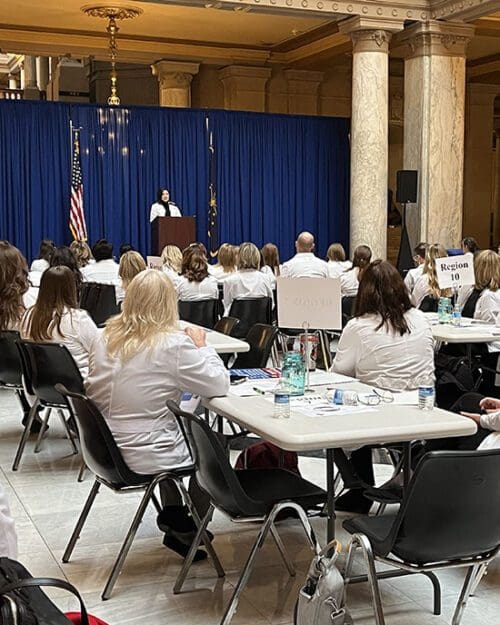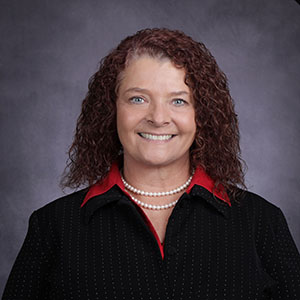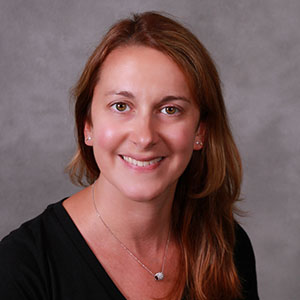Nursing faculty members advocate for APRN practicing independence in Indiana

Nursing professionals and educators gather for APRN Advocacy Day at the Indiana Statehouse in Indianapolis, Indiana.
A family nurse practitioner (FNP) or advanced practice registered nurse (APRN) is an advantageous occupation because it allows an extent of autonomy and diagnostic privileges when treating patients. But in Indiana, a caveat comes with providing that care.
State legislation mandates that these nurses may only provide prescriptions when they are signed to a physician agreement. This means these advanced practice nurses can only prescribe medication when they are under a practicing agreement with a physician at a particular practice. The legislation also mandates the physicians have to review 5% of prescriptive charts retrospectively every year.
Purdue University Northwest’s (PNW) College of Nursing is a sponsor through Hoosiers for Health Care Access to help advocate for state legislation expanding advanced nurse practice and care to meet health care needs, particularly where there are shortages among vulnerable populations. Jodi Allen, assistant professor of Nursing and FNP program coordinator, and Julia Rogers, assistant professor of Nursing represent the College of Nursing in this coalition, as well as through partner organization Coalition of Advanced Practice Registered Nurses in Indiana (CAPNI).

Julia Rogers, assistant professor of Nursing
As an extension of PNW’s metropolitan-serving mission, College of Nursing faculty members apply their research and knowledge to key health care issues in our region and educate their students in addressing barriers affecting health care access to transform into impactful nurses.
“Our faculty are well-prepared to manage common acute and chronic conditions,” said Lisa Hopp, dean of the College of Nursing at PNW. “They prescribe medications, treatments, coach, support, and care for patients expertly. Ample evidence exists to support that advanced practice nurses not only do this safely, but they earn high marks in patient satisfaction. They can do this independently. We hope that during the next legislative session more lawmakers can trust this evidence so that our communities have access to this level of care.”
For example, Allen spends time seeing and caring for patients at Sojourner Truth House in Gary, and takes students throughout the academic year to gain valuable community nursing experience. However, without a physician supervising the location at this time, Allen cannot administer prescriptions for her patients, which proves troublesome in an area with underserved and at-risk patients. She can only recommend over-the-counter medication.
“I’ve had patients that come in and I suspect they have pneumonia,” said Allen. “I don’t necessarily need a chest X-ray, they have a fever, I do a full exam, and all the signs point to pneumonia. I cannot prescribe them an antibiotic. I’ve done it hundreds of times for other patients, but this legislation prevents me from doing that because I do not have a physician contract through Sojourner Truth House because I do it on a volunteer basis. Then I possibly have to see if I can get them to an emergency room, which is really not what the emergency room is for, so it just feeds into long-term complications. It’s very frustrating when you have the ability to help people who need it and there’s one little thing that prevents you from doing it.”
Our traditional students are typically from this area and want to stay here. We have a diverse student body that is able to go out and represent their populations and provide more individualized care.
Allen, Rogers, and their fellow coalition members continue their advocacy work by coordinating with supportive Indiana state legislators who would work to rescind or amend the need for practice agreements. Indiana placed a moratorium on these agreements for nearly two years after the onset of the COVID-19 pandemic so FNPs could assist to their fullest extent. Allen hoped that period would provide evidence of FNPs’ abilities to the state to amend the legislation.
While the advocacy continues, Allen says it’s another prime example of health care barriers emphasized in the curriculum for FNP students in PNW’s Master of Science in Nursing (MSN) program.

Jodi Allen, assistant professor of Nursing and FNP program coordinator
“Patients are just more complicated and they need more proactive primary care,” said Allen. “In the real world, if someone has one diagnosis, they may have multiple diagnoses. We make sure we’re producing the family practice scope. They’re nurses at the bedside and they know health care is becoming more challenging because of the barriers that are there — it’s just compounding and compounding.
“I’m up front with them (students) with my own practice for what they’ll be up against. But that also relays why we’re so rigorous and why they have to meet these standards because their patients will deserve that standard.”
Allen’s additional concern is the physician agreements in Indiana will cause graduates to take their talents elsewhere. Hoosiers for Health Care Access says about half of U.S. states do not have these agreements in place.
“We also try to tell legislators that we’re losing people who can provide that quality care because of this legislation,” said Allen. “Our traditional students are typically from this area and want to stay here. We have a diverse student body that is able to go out and represent their populations and provide more individualized care. It always pains me when a student says they’re going to be moving somewhere else to practice independently because we’re losing excellent providers that could be providing care here.”